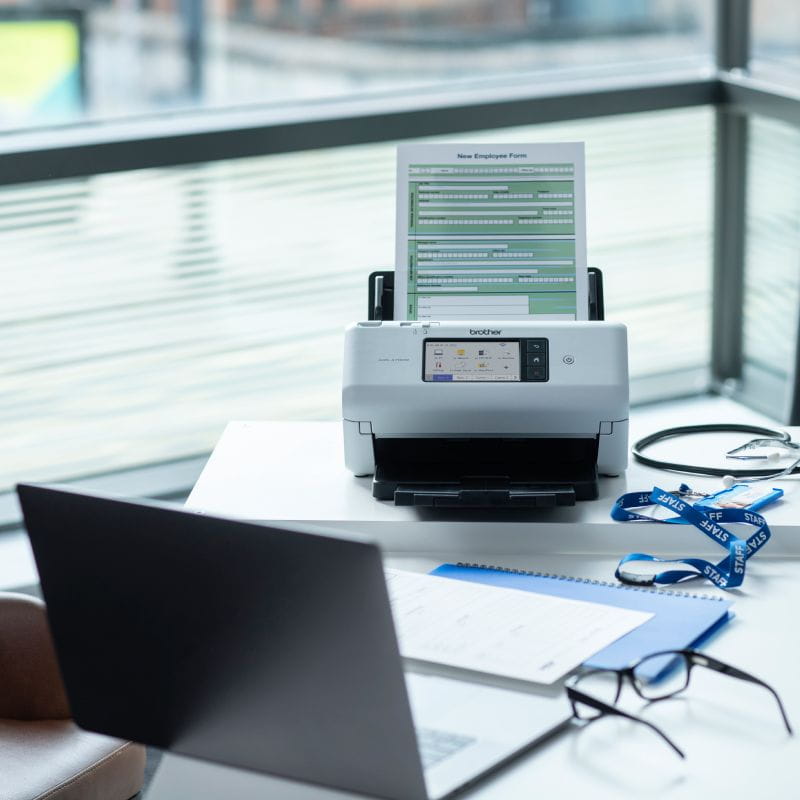
Why You Should Start Digitization At Work

Information or document sharing is a usual part of various operating procedures at work. Managers or Team leaders should have the knowledge and understanding of how the processes work in order to assess issues and come up with improvements to increase efficiency. This is especially important in fast-paced work settings such as hospitals, retail stores, restaurants, and the like.
When sharing files or information, some companies still require the production of physical documents either by re-printing or photocopying. Although there is nothing wrong with this process, this means extra time, effort and of course, resources. This is when Managers need to step in and find ways to shorten or cut unnecessary procedures and costs.
Going Digital
During the height of the Covid-19 pandemic, the majority have adapted and embraced the digital or virtual way of conducting school, work or personal-related tasks to stay connected and efficient. Electronics and some machines like printers, scanners, mobile phones, etc. have become widely used and in demand. Files and information sharing on various digital platforms have also become the norm when collaborating with colleagues at work or in school.
Although going digital means acquiring and investing in machines and electronics, there is no doubt that this way of working allows us to connect more, save time and be more efficient. And when you look at it from a long-term perspective, digitizing can also save money and other resources.
-
Better accessibility
Converting those physical documents to soft files and organizing them in file folders results in easier accessibility whenever or wherever needed. Forget about carrying tons of files when going for a trip or out-of-office work and just keep them safe on a hard drive or on your computer.
- Saves space
Storing hard files eats up a lot of space compared to having them digitized and saving them on a hard drive or cloud. Once you invest in a professional scanner, you can start to spare that room of cabinets full of files and turn it into something of better use.
You might think that getting a scanner will require yet another space to place it. However, there are already tons of compact or even portable scanners in the market like the Brother ADS document scanner series to help you get digitized.
- Easier and faster collaboration
Since files can be easily accessed anytime and anywhere, you can effortlessly collaborate and share information or files with your colleagues without leaving your seat. Definitely saves time for more productive tasks!
- Faster file retrieval
Having your files saved on a computer or hard drive can conserve your time when retrieving documents. However, remember that you first need to have them well organized before you reap the benefit.
- Environmental friendly
Sharing files or information online allows you to save paper for reprinting. It may seem nothing to you, but you just in fact contributed to lessening the waste!
- Minimize operational cost
Digitization allows you to minimize your operational cost each time you reproduce and store your documents.
Nowadays, some mobile phones have started to add scanning capabilities to their features. While it may be more convenient to use, scanners are still more recommended for office use or when you require professional and quality scanned files.
Brother offers a range of Professional Desktop Document Scanners designed to help businesses streamline processes while providing an effortless and reliable scanning experience. These scanners come in compact sizes to save space and allow you to move them easily anytime and anywhere. They also have advanced features like batch scanning, 2-sided scan, and excellent image processing to ensure more efficient and quality scanned documents.
Brother International Gulf FZE offers a wide range of multifunction printers, scanners, sewing machines, and label printers. As the central hub, it manages a vast network of authorized distributors across the Middle East, Levant, and substantial parts of Africa, including North Africa, ensuring accessibility and distribution.






